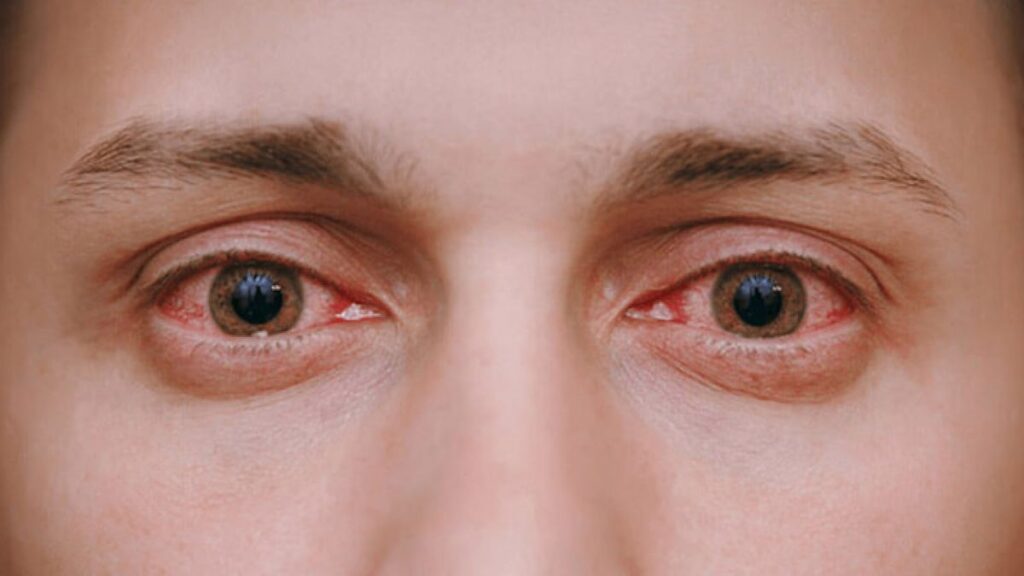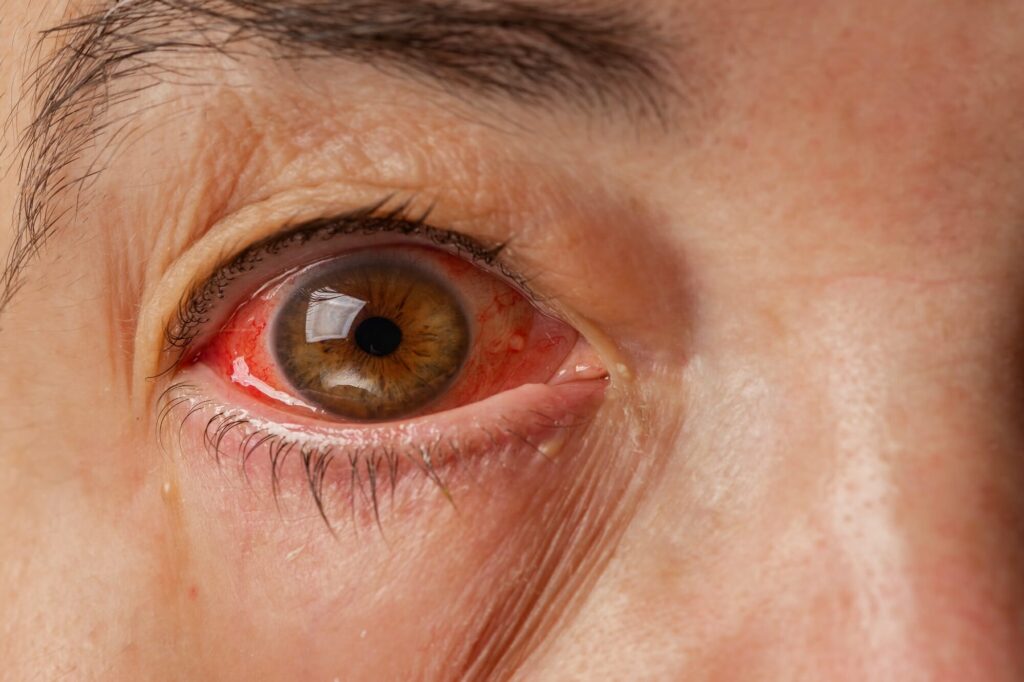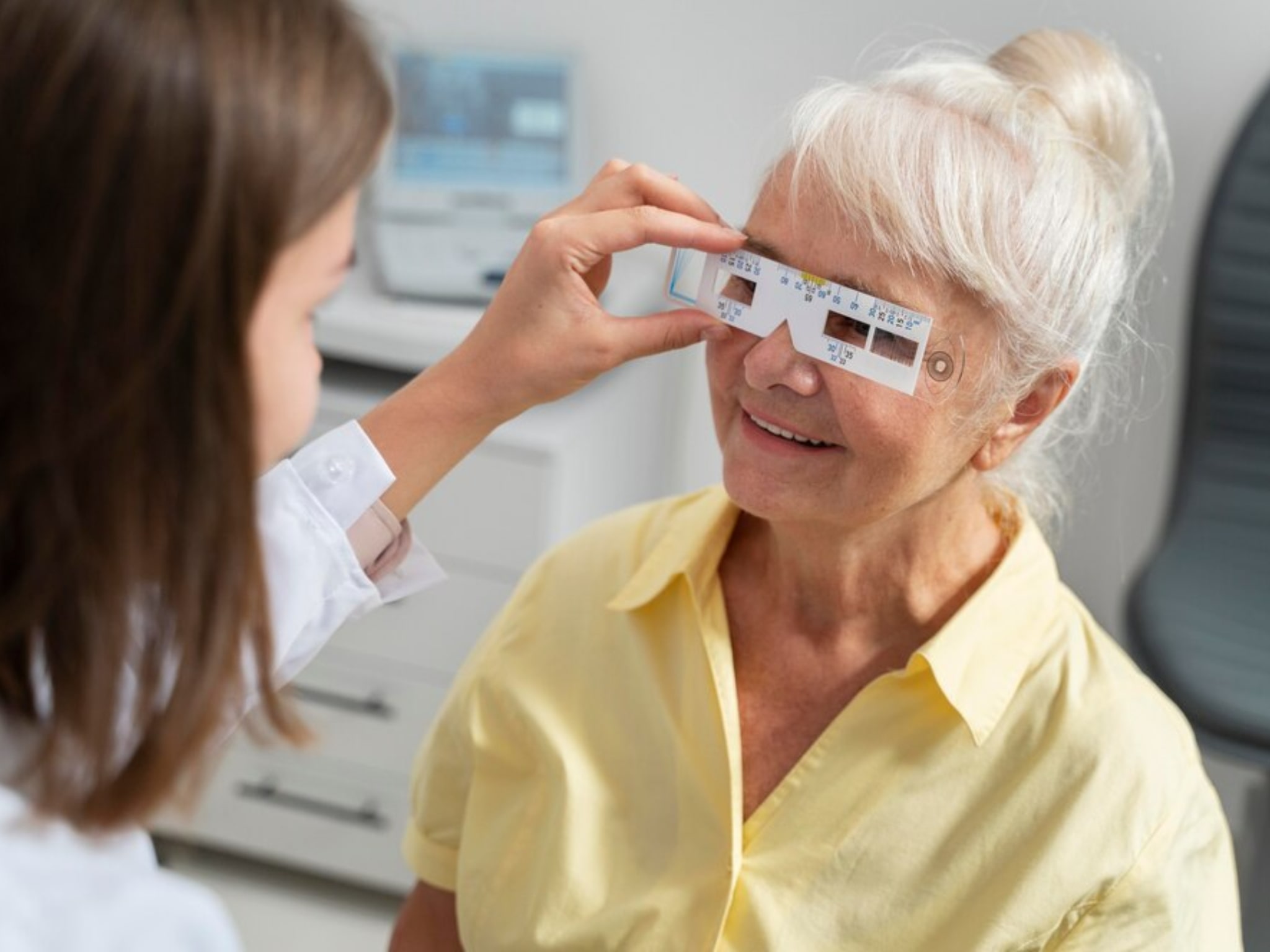Understanding the importance of retinal health
The health of our retinas is crucial for maintaining vision and overall eye health. Retinal health plays a pivotal role in our ability to perceive light, colour, and motion. It transforms the light that enters our eyes into the images we see, making it essential not just for clarity of vision but also for our general quality of life.
Every aspect of visual experience hinges on the delicate structures of the retina. This thin layer of tissue at the back of the eye is highly sensitive and requires proper care and attention. A healthy retina can significantly influence one’s ability to partake in daily activities, from reading to driving.
The role of the retina in vision
The retina is often referred to as the camera of the eye; it captures and processes images. This fascinating organ is responsible for converting light into neurochemical signals that are sent to the brain, enabling us to understand and interpret our surroundings. Any damage or dysfunction can lead to serious visual impairments.
Additionally, staying informed about the condition and treatment options empowers individuals to take control of their health and engage in meaningful discussions with their healthcare providers. Remember, while a retinal disease diagnosis may feel daunting, there is hope, support, and a path forward.
Moreover, the retina contains special cells known as photoreceptors, which are divided into two main types: rods and cones. Rods allow us to see in low light, while cones enable us to see fine details and colours. This intricate functioning underscores just how vital the retina is in our everyday life.

Common conditions affecting the retina
Several conditions can disrupt the normal functioning of the retina, leading to a range of visual problems. Some of the most common issues include age-related macular degeneration, diabetic retinopathy, and retinal detachment. Each of these conditions has unique characteristics and impacts that can significantly affect an individual’s sight.
Understanding these conditions helps not only in earlier diagnosis but also in seeking appropriate treatment. Furthermore, knowledge about retinal health encourages individuals to take proactive steps towards safeguarding their vision.
Identifying symptoms of retinal diseases
Recognising the symptoms of retinal diseases is crucial, as early detection can often lead to better treatment outcomes. Patients may experience a variety of signs that can indicate underlying issues with the retina. Knowing what to look for can help individuals seek medical advice sooner rather than later.
Click here to read about retinal treatments.
Early warning signs to look out for
Some common early warning signs include blurred or distorted vision, difficulty seeing at night, and blind spots in vision. These symptoms can be easily mistaken for normal age-related changes, making it essential to pay close attention to persistent vision changes.
Additionally, sudden flashes of light or the appearance of floaters in one’s visual field can also signify impending retinal issues. If you notice any of these symptoms, it’s advisable to consult an eye care professional as soon as possible.
Differences in symptoms between various retinal diseases
Each retinal disease presents with its unique set of symptoms. For example, in age-related macular degeneration, individuals often experience a gradual loss of central vision, whereas diabetic retinopathy may cause blurred vision and difficulty seeing colours. Understanding these differences is key for individuals to differentiate between conditions and seek timely treatment.
Equally important is recognising that not all symptoms will present similarly in every individual. Variations in symptom severity can occur due to age, underlying health conditions, and individual differences in anatomy.
Delving into specific retinal diseases
Now that we have established the importance of recognising symptoms, let’s explore some specific retinal diseases that commonly affect individuals.
Age-related macular degeneration
Age-related macular degeneration (AMD) primarily affects the macula, the central part of the retina responsible for sharp vision. This condition typically affects individuals over the age of 50 and can lead to significant visual impairment. There are two types: dry and wet AMD, each with differing levels of severity and treatment options. Find more about impairment on https://www.continuetolearn.uiowa.edu/nas1/07c187/Module%201/module_1_p3.html
Dry AMD progresses slowly, causing gradual vision loss, while wet AMD involves the growth of new blood vessels under the retina, leading to more rapid damage. Early detection is essential for managing these conditions effectively, as treatment options can help delay progression.
Diabetic retinopathy
Diabetic retinopathy is another serious condition that arises from uncontrolled blood sugar levels in diabetes sufferers. Over time, high blood sugar can damage the blood vessels in the retina, leading to vision impairment.
Symptoms may not be apparent in the early stages, making regular screenings crucial for individuals with diabetes. Treatment options often include laser surgery and medications to reduce swelling in the retina and improve vision.
Retinal detachment
Retinal detachment is a medical emergency where the retina pulls away from its normal position. This sudden event can lead to significant vision loss, and immediate medical intervention is required.
Symptoms often include sudden flashes of light, a significant increase in floaters, and a shadow or curtain over the vision. Treatment typically involves surgical procedures to reattach the retina, and timely action is essential to restoring vision.
Modern treatment options for retinal diseases
The field of ophthalmology has advanced significantly, offering various modern treatment options for retinal diseases. These options aim to manage symptoms, slow disease progression, and, in some cases, restore vision.
Medications and their effectiveness
Medications play a key role in treating retinal diseases such as diabetic retinopathy and wet AMD. Anti-VEGF injections are among the most common treatments and work by blocking the protein that promotes abnormal blood vessel growth.
These medications can help stabilise vision and, in some instances, improve it. However, ongoing treatment is often necessary, and patients should discuss potential side effects with their doctors.
Surgical procedures for retinal repair
In cases where non-invasive treatments are not effective, surgical options may be required. Procedures can range from laser treatment to more complex surgeries for retinal detachment.
Laser surgery is commonly used to treat tears and small detachments, while more extensive surgeries are required for more serious detachment cases. Recovery times can vary, and patients should follow their healthcare provider’s guidelines closely for the best outcomes. To learn more about surgery click here.

Emerging treatments in ophthalmology
Research is ongoing in the field of retinal disease treatment. Exciting developments such as gene therapy and stem cell treatments are on the horizon, offering hope for those with previously untreatable conditions. These emerging treatments may revolutionise how ophthalmology addresses retinal diseases, potentially restoring vision for many.
Prevention and management of retinal diseases
While treatment options are crucial, prevention and proactive management are equally important in ensuring retinal health. By adopting specific lifestyle changes, individuals can significantly reduce their risk of developing retinal diseases.
Lifestyle changes for retinal health
Maintaining a healthy diet rich in antioxidants, regular exercise, and avoiding smoking can greatly contribute to retinal health. Ensuring that your body receives essential nutrients such as omega-3 fatty acids found in fish and leafy greens supports overall eye wellness.
Additionally, managing chronic conditions like diabetes and hypertension can prevent complications that may lead to retinal diseases. These proactive steps are instrumental in maintaining healthy vision.
Regular eye examinations and their importance
One of the most effective ways to prevent severe retinal issues is to schedule regular eye examinations, particularly for those at higher risk. Through a comprehensive eye exam, eye care professionals can assess retinal health and identify potential issues before significant damage occurs.
These examinations serve as an opportunity for early detection of conditions, which can make a substantial difference in treatment outcomes. Don’t underestimate the importance of regular check-ups to safeguard your vision.
Coping with a retinal disease diagnosis
Receiving a diagnosis of a retinal disease can be overwhelming, and coping with the emotional impact is equally significant. Joining support groups and seeking counselling can provide comfort and solidarity during challenging times.

